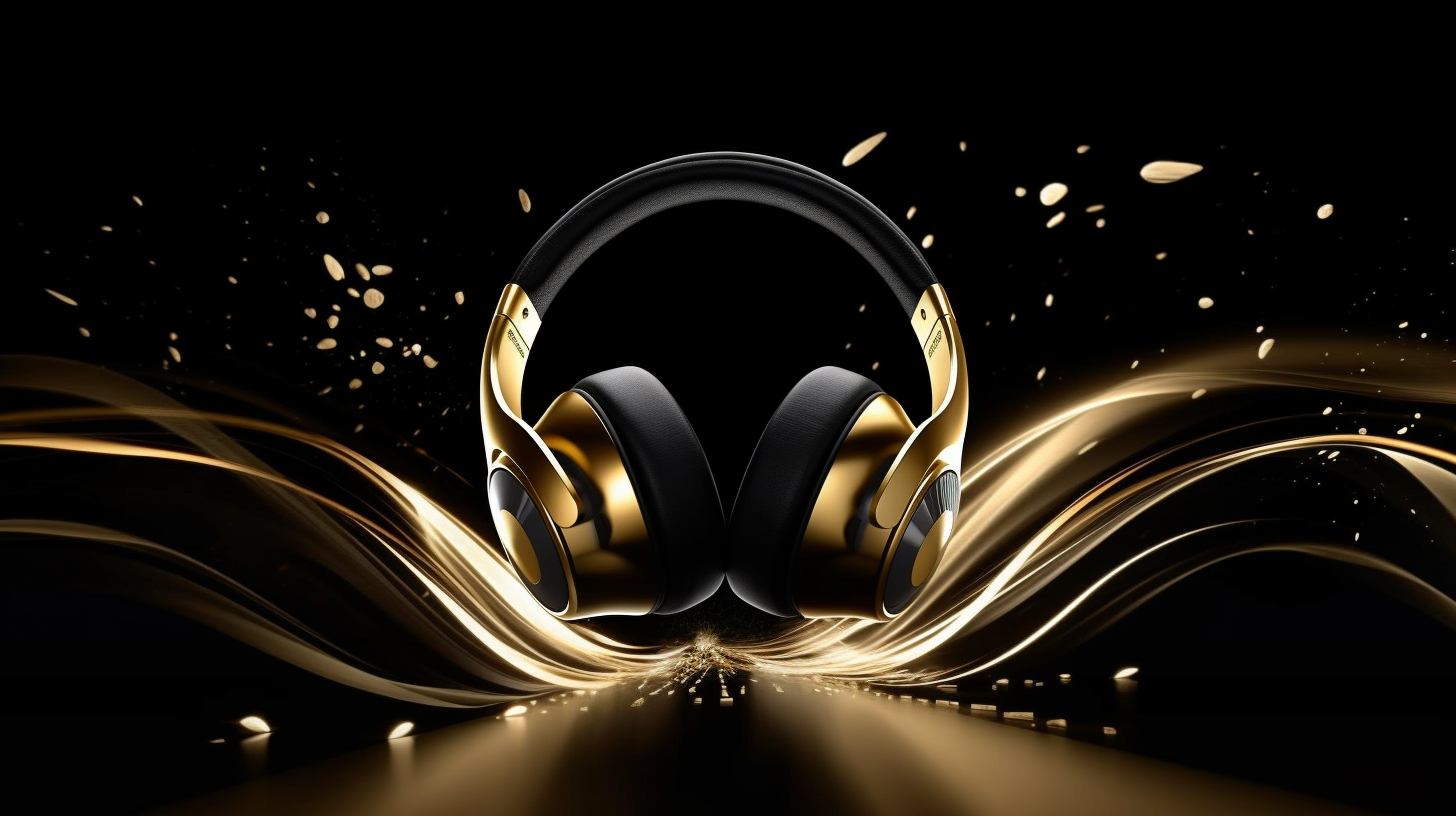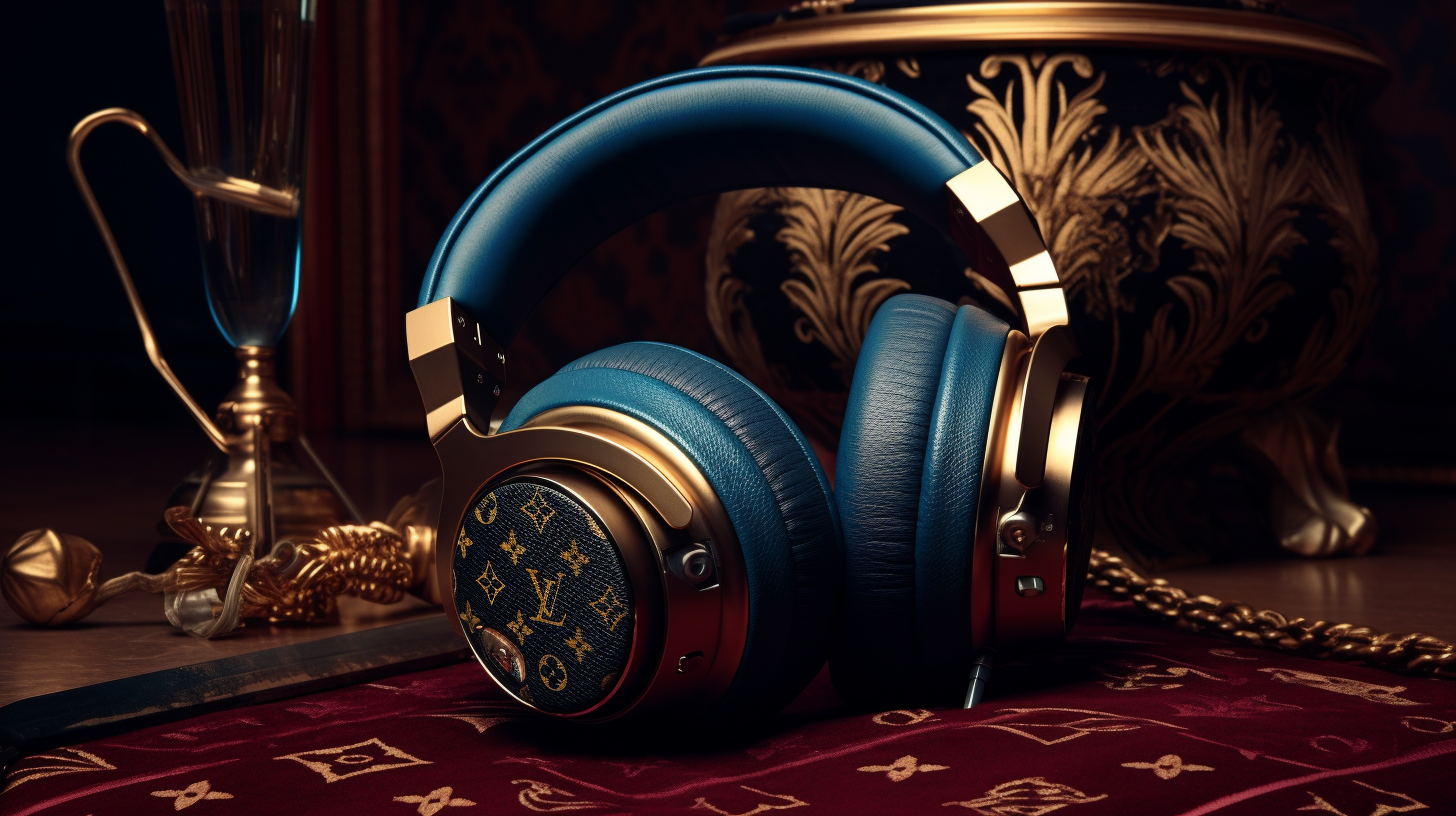In the world of luxury brands, every detail matters. From the texture of a product to the color palette of a logo, each element plays a role in crafting a unique and memorable brand experience. But there’s one element that often goes unnoticed, yet has the power to evoke strong emotions and memories: sound. This is where sonic branding comes into play.

What is Sonic Branding?
Sonic branding, also known as audio branding, is the strategic use of sound to reinforce a brand’s identity and values. It’s about creating a unique auditory signature that can be as recognizable as a brand’s visual logo. Sonic branding can take many forms, including a catchy jingle, a distinctive product sound, or even the ambient music in a store or showroom.
The Role of Sound in Luxury Branding
Sound has a profound impact on our emotions and behaviors. It can evoke memories, create a sense of familiarity, and even influence our mood. For luxury brands, which thrive on creating immersive and emotionally engaging experiences, sound can be a powerful tool for differentiation.
Consider the elegant sound of a piano in a Chanel No. 5 advertisement, the distinctive roar of a Bentley engine in their commercials, or the soothing and sophisticated background music that sets the tone in a Louis Vuitton campaign. These sounds are not just elements of their respective advertisements; they are carefully crafted sonic signatures that encapsulate the brand’s identity. They convey the brand’s luxurious and sophisticated image, creating an instant connection with the audience even before a single word is spoken.
Why Sonic Branding Matters for Luxury Brands
In today’s digital age, consumers interact with brands across multiple touchpoints — from social media and websites to physical stores and events. Each of these interactions is an opportunity for brands to create a memorable experience and build a deeper connection with their customers.
Sonic branding allows luxury brands to create a consistent and distinctive brand experience across all these touchpoints. Whether a customer is watching a brand’s video online, visiting its store, or using its product, the consistent use of sound helps reinforce the brand’s identity and create a sense of familiarity and trust.
Moreover, sonic branding can help luxury brands stand out in a crowded market. Just as a distinctive visual logo can make a brand instantly recognizable, a unique sonic identity can set a brand apart from its competitors. This is particularly important in the luxury market, where brands compete not just on the quality of their products, but also on the uniqueness of their brand experience.
Implementing Sonic Branding in Your Marketing Strategy
Implementing sonic branding requires a deep understanding of a brand’s identity and values, as well as its target audience. The sounds used in sonic branding should reflect the brand’s personality and resonate with its customers on an emotional level.
The first step in creating a sonic brand is to define the brand’s sound palette. This includes the key sounds that represent the brand, such as a sonic logo, product sounds, and ambient music. These sounds should be distinctive, memorable, and reflective of the brand’s identity.
Once the sound palette is defined, it can be incorporated into various aspects of the brand’s marketing strategy. This could include using the sonic logo in advertising campaigns, incorporating product sounds into product demos and videos, and playing ambient music in stores and events.
It’s also important to ensure consistency in the use of sound across all touchpoints. Just as a brand’s visual identity should be consistent across different mediums, its sonic identity should also be consistently represented.
Conclusion
Sonic branding is a powerful tool for luxury brands. It offers a unique way to reinforce a brand’s identity, create memorable experiences, and differentiate from competitors. By incorporating sound strategically into their marketing strategy, luxury brands can engage their customers on a deeper level and create a stronger emotional connection. In the world of luxury, where every detail counts, the sound of a brand can make a lasting impression.
In today’s digital age, where content is consumed through sight and sound, sonic branding has emerged as an essential component of a comprehensive brand strategy. It’s no longer enough to just be seen; luxury brands need to be heard. Every luxury brand is unique, and so should be its sound.
Sonic branding is not merely about creating a catchy jingle or a memorable sound bite. It’s about crafting an auditory experience that resonates with the brand’s target audience and enhances the overall brand perception. It’s about using sound to tell a story, evoke emotions, and create a sense of connection.
Moreover, sonic branding can have a significant impact on a brand’s bottom line. Research has shown that sound can influence consumer behavior, improve brand recall, and increase customer loyalty. For luxury brands, which rely on creating strong emotional connections with their customers, the strategic use of sound can be a game-changer.
In conclusion, sonic branding represents a significant opportunity for luxury brands. By harnessing the power of sound, luxury brands can create a distinctive brand identity, enhance customer experiences, and set themselves apart in a competitive market. As the luxury market continues to evolve, brands that can create a unique and immersive auditory experience will be well-positioned to capture the hearts and minds of their customers.


